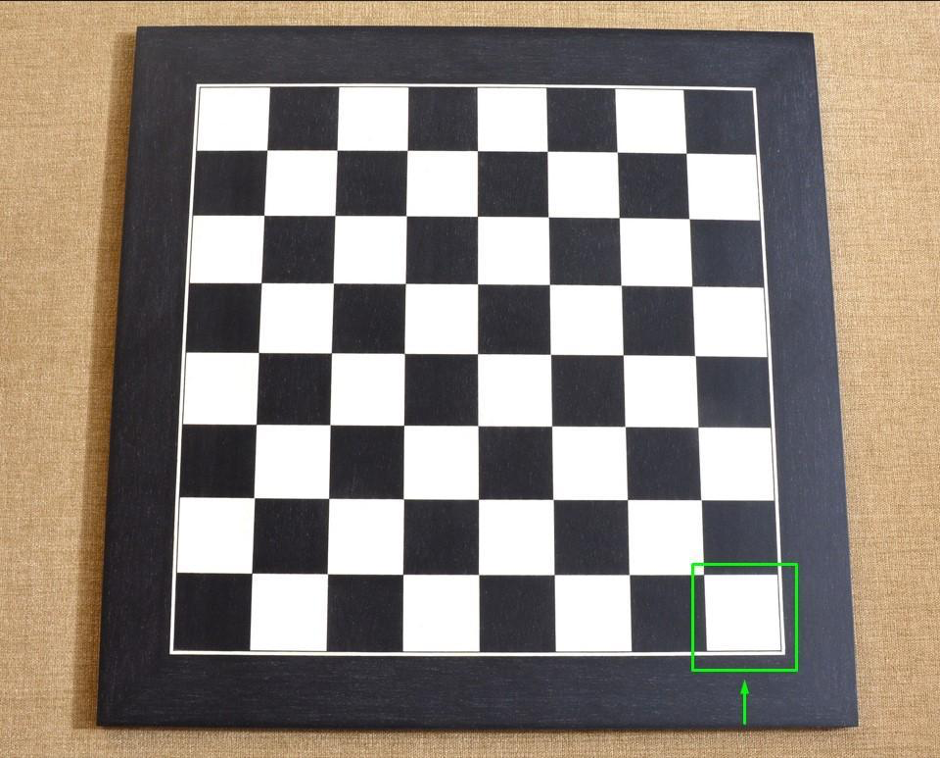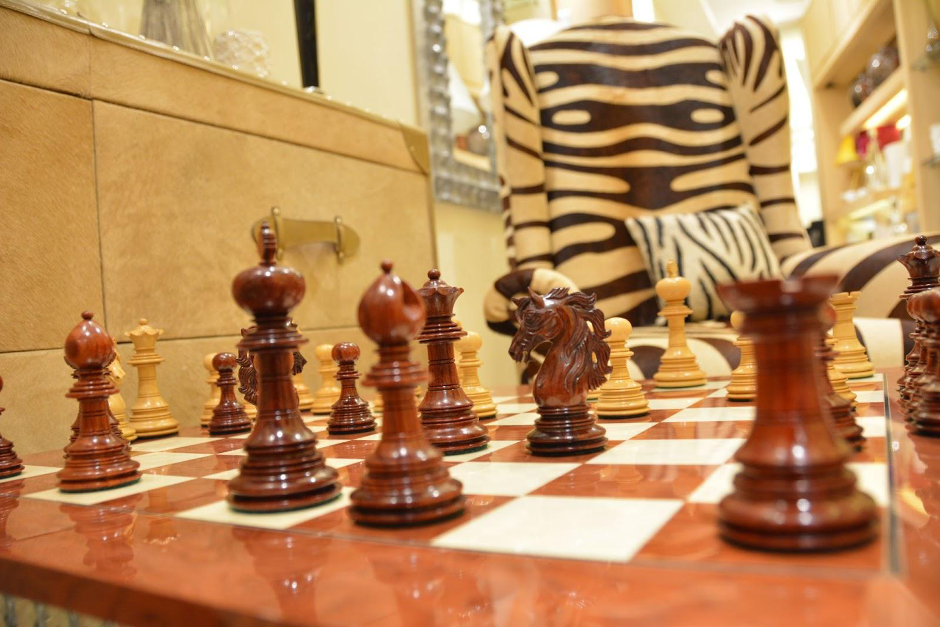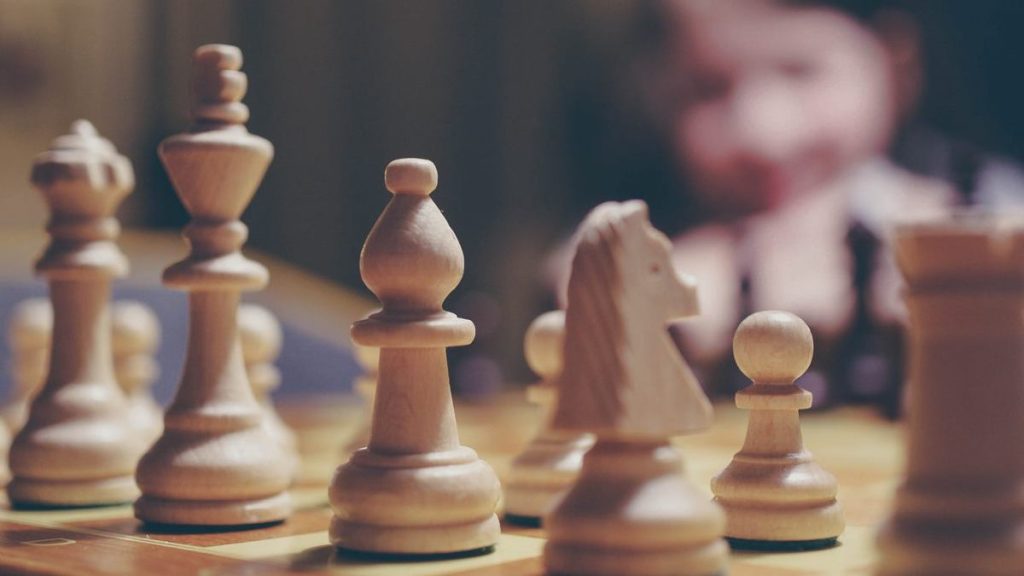How about discovering a trick that makes you win every game of chess? Exciting, right? Here’s the catch! All you have to do is play the false moves on the chess set.
That’s what most amateurs do, and ultimately end up losing interest in the game.
But if you’re passionate about the game and see yourself playing and winning tournaments, you must develop a more dedicated approach to learn and play the game. This blog is your guide to identifying some of the most common mistakes made by beginners in chess and how you can avoid them.
Respect the Rules – Avoid Making these Mistakes in Chess
Chess, the game of kings, has intrigued and challenged minds for centuries. Its beauty lies not just in the black and white squares of the board but in the strategic depth and endless possibilities each game presents. Yet, for those just embarking on their chess journey, the road can be fraught with common pitfalls that can deter the progress of even the most enthusiastic beginners.
Grab a cup of your favorite beverage as we provide you with insights and tips on how to avoid making some common mistakes on the chessboard.
Mistake #1: Setting Up the Chess Board Incorrectly
Imagine excitedly setting up your chessboard, only to realize mid-game that something seems off. It’s a scenario all too common among beginners, and it stems from an incorrect setup of the chessboard at the outset. This mistake can disorient players and lead to confusion about how pieces move and interact on the board.
Tip#1: Understand Proper Board Setup

Remember, the right setup is where each player has a white square at the bottom right-hand corner of the board. This is the “light on the right” rule. Additionally, the ranks (rows) are numbered 1 to 8 from white’s perspective, and the files (columns) are lettered a to h from left to right. Ensuring this setup before the game begins will save you from unnecessary hassle and confusion as the game progresses.
Mistake #2: Placing the King and Queen on the Wrong Squares
Placing the king and queen on their correct squares is crucial. The king often finds himself on the e-file, while the queen’s place is on the d-file. However, beginners sometimes mix these positions, especially when it comes to remembering which piece goes on which color.
Tip #2: Emphasize the Importance of Placement of King and Queen
An easy way to remember their positions is “queen on her color, king on his.” This means the white queen starts on the white square (d1), and the black queen starts on the black square (d8). Similarly, the kings take their places on the remaining squares (e1 for white and e8 for black). This mnemonic helps ensure that you start the game correctly, setting the stage for a fair and exciting match.
Mistake #3: Not Learning the Special Moves of Chess Pieces
Chess is not just about moving pieces from point A to point B. Special moves like castling, en passant, and pawn promotion add depth and strategy to the game. Neglecting these moves can limit a beginner’s ability to develop a comprehensive game plan, making their play predictable and easier to counter.
Tip #3: Try to Understand the Ground Strategically
Dedicate time to understanding these special moves. Practice them in different game scenarios to see how they can shift the balance of play. Castling, for example, can be a game-changer by safely tucking your king away while also developing your rook. Familiarize yourself with the conditions under which these moves are allowed, and you’ll find your strategic options expanding significantly.
Mistake #4: Neglecting the Development of Chess Pieces to Control Important Squares
The early game’s main objective is to control the center of the board, allowing your pieces to exert influence over the game. Beginners often overlook this, focusing instead on minor threats or attempting to attack too early without adequate support. This neglect can lead to a cramped position, making it difficult to respond effectively to your opponent’s moves.
Tip #4: Focus on Developing the Chess Pieces

Focus on developing your knights and bishops early, aiming to control central squares like d4, d5, e4, and e5. This doesn’t mean you should rush your pieces out without thought; consider how they support each other and what spaces they can control. Remember, a well-placed piece can be worth more than an early attack. Developing your pieces to control important squares is like laying a strong foundation for a building—it’s essential for everything that comes after.
Mistake #5: Buying an Improper Chess Set
An often overlooked aspect of beginning your chess journey is the physical chess set itself. Investing in a chess set that is too small, too fragile, or otherwise unsuitable can hinder your ability to practice and enjoy the game fully. It’s crucial to have a set that is durable, clearly distinguishable, and appropriate for learning.
Tip #5: Buy a Chess Set That is Functional
When looking to buy chess sets, opt for one from a reputable chess store known for its quality. Ensure the pieces are easily distinguishable from one another, with a standard size and weight as set by the official chess authorities. The board should also have clear boundaries for squares, preferably with coordinates along the edges, to help you learn moves and strategies more easily. While brand names aren’t everything, buy chess sets from a store that specializes in chess ensures that you’re getting a product designed with players in mind.
You reached here. Seems you’re way too passionate about the game of chess. So here are a few more tips for you on how you can improve your skills.
Ace the Game of Chess With These Tips
Practice Regularly
The cornerstone of improving in chess is consistent practice. Set aside dedicated time each day or week to focus on chess, whether it’s solving puzzles, playing games, or studying strategies. Regular practice helps reinforce learned concepts and discover new tactics, gradually elevating your understanding and performance in the game.
Learn to Read and Write Chess Notations
Chess notation is the language of chess; it’s a system used to record the moves made in a game. Learning to read and write chess notation is crucial for studying classic games, sharing your games for analysis, and improving your tactical and strategic understanding. It enables you to revisit and analyze any game, learning from both your mistakes and successes.
Buy Standardized Chess Boards and Pieces
Investing in a professional-quality chess set can significantly enhance your playing experience. A well-made chess set, with pieces that are pleasing to play with and easy to distinguish, can make learning and playing more enjoyable. It’s also essential for serious practice and preparation for tournament play. Look for sets that meet the regulation size and are made of durable materials.
Use a Chess Clock
Introducing a chess clock into your practice and casual games can add an invaluable dimension to your chess skills. Time management is a crucial aspect of competitive chess. Playing with a clock helps you get accustomed to thinking under pressure and making more decisive moves. It prepares you for tournament settings and teaches you how to manage your time effectively across different phases of the game.
Analyze Your Games
One of the most effective ways to improve is to analyze your games, especially those you lose. Use chess score sheets to record your games and understand where you could have made better moves or employed a different strategy. This reflective practice helps in identifying recurring mistakes and areas for improvement.
Balance Between Strategy and Tactics
Chess is both a game of grand strategy and immediate tactics. Enhancing your ability to see several moves ahead (strategy) while also recognizing and exploiting short-term opportunities tactics is key to becoming a well-rounded player. Dedicate time to both strategic planning and tactical exercises like puzzles.
Key Takeaway
Mastering chess is a journey that requires patience, dedication, and a willingness to learn from every move and match. By recognizing and avoiding these common mistakes, you’re not just improving your game; you’re also tying a knot with the deeper strategic beauty of chess.
Remember, every grandmaster was once a beginner. So, apply these tips and embark on your chess journey with confidence and curiosity.




